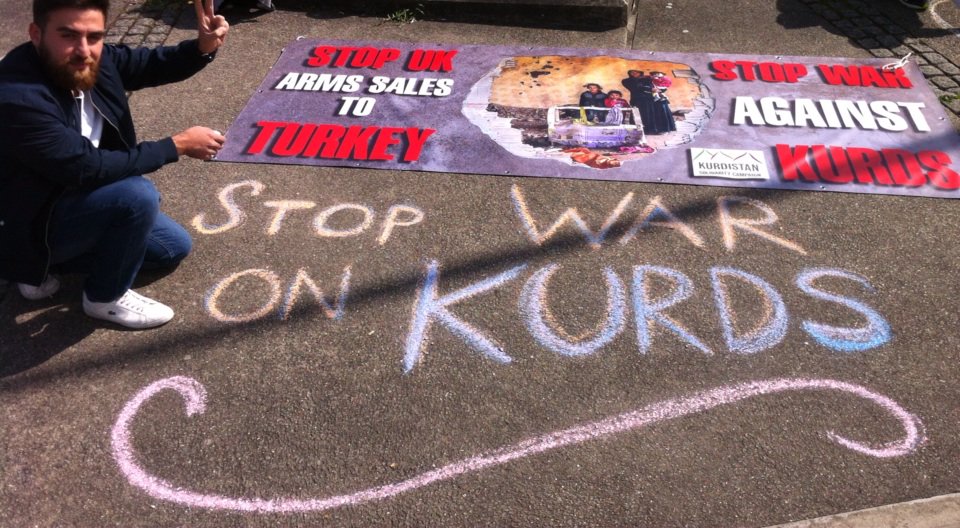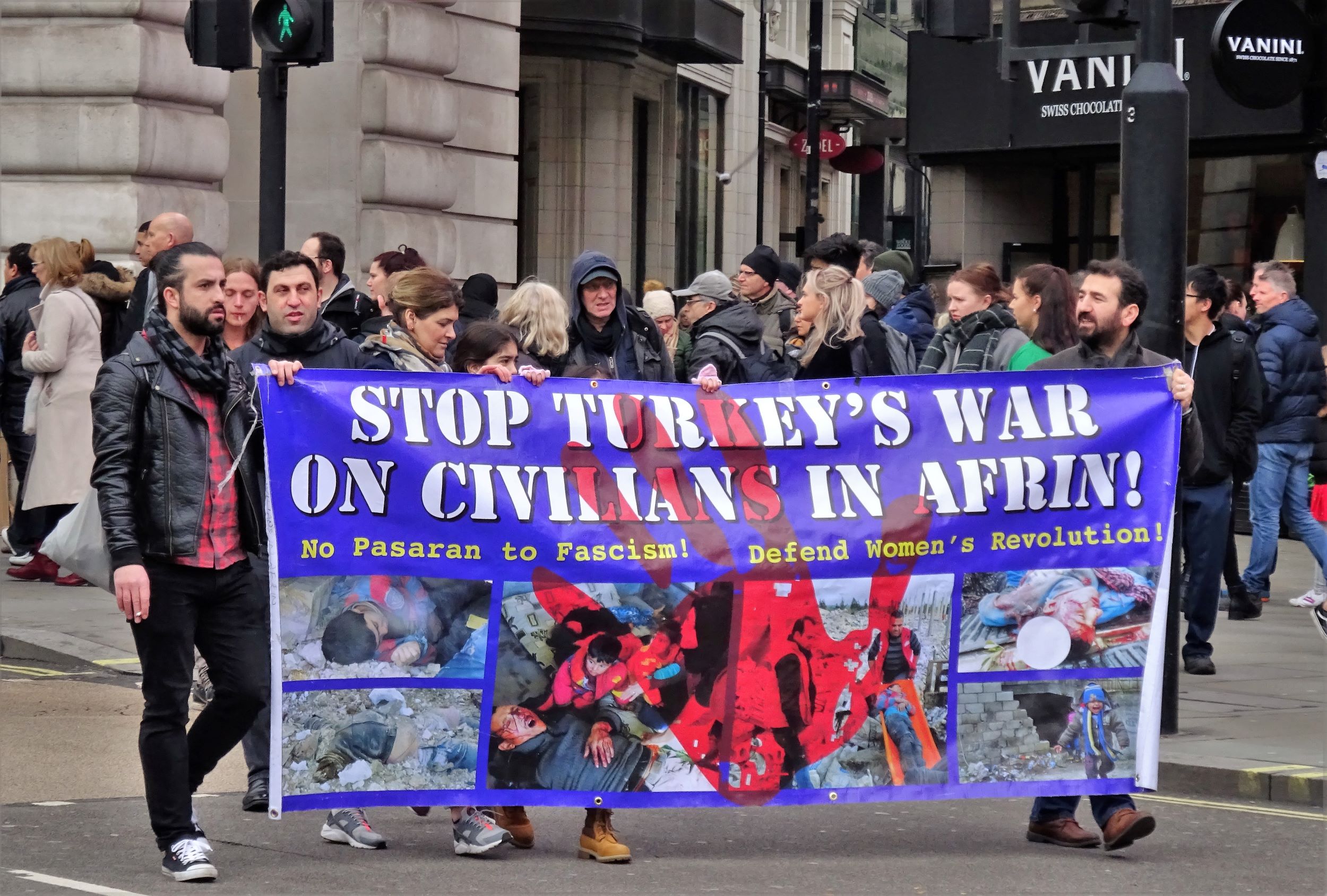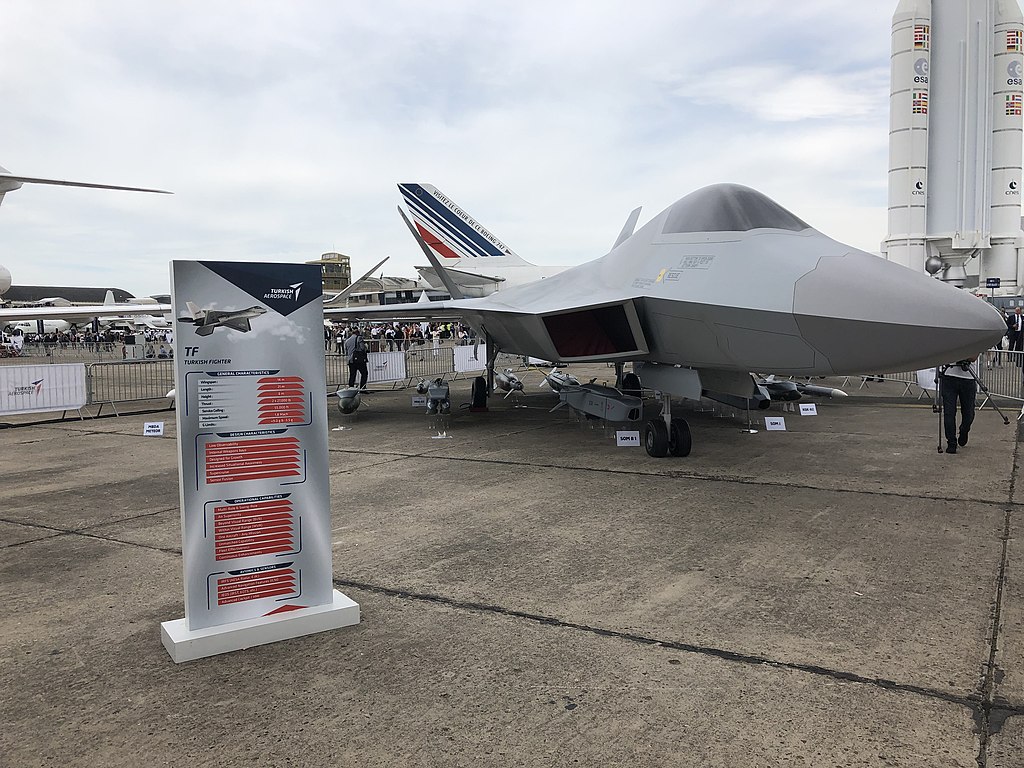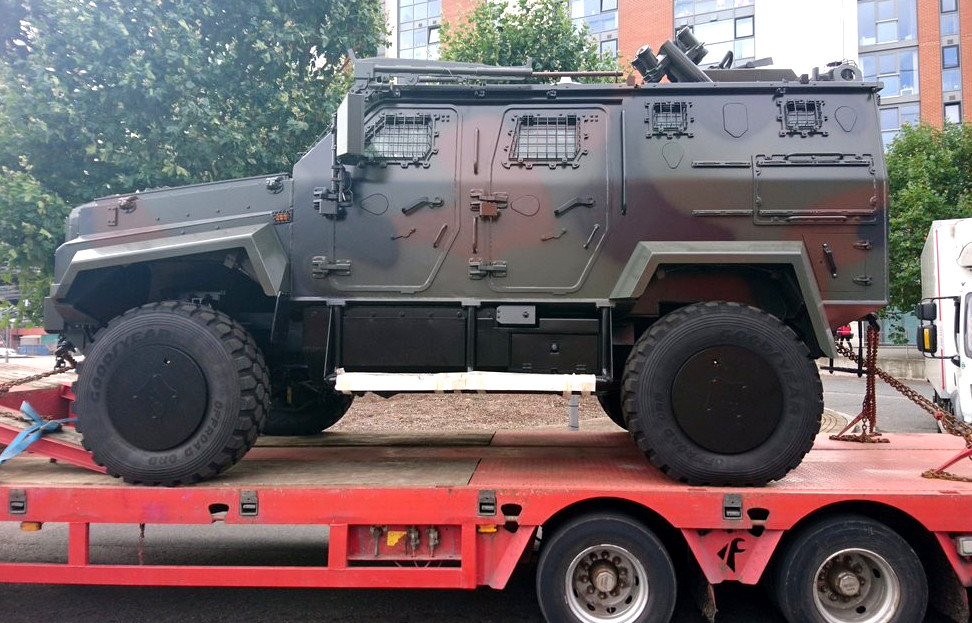Mounting repression, narrowing space for dissent
Under President Recep Tayyip Erdoğan, Turkish politics has taken on an increasingly authoritarian, one-man rule character. Since a failed military coup attempt in Turkey in 2016, repression has escalated, with crackdowns against journalists, activists, human rights defenders, and opposition political figures. Shortly after the coup attempt, the government launched a purge of public sector workers, especially supporters (or suspected supporters) of the Gulen religious movement (which Erdoğan blamed for the coup attempt), and the pro-Kurdish HDP party.
According to Amnesty International, in 2024 the executive’s growing interference with the judiciary deepened. Those expressing dissent are frequently subject to prosecution under spurious charges of supporting “terrorism”, or in some cases of “insulting” the President or other public officials. Detainees have reported the use of torture and sexual violence in Turkish prisons.
Since 2021, the Erdoğan regime has made a concerted effort to supress one of the main opposition parties, the HDP (Halkların Demokratik Partisi, People’s Democratic Party), a left-wing party which supports the rights of the country’s Kurdish minority, and which is allied to Kurdish parties. In January 2021, 108 HDP politicians, including former co-leader Selahattin Demirtaş, on charges related to protests in 2014 over the ISIS attack on Kobani, which turned violent. The prosecution is widely seen as a malicious attempt to target the HDP. Turkey has also ignored rulings by the European Court of Human Rights requiring the immediate release of Demirtaş, who was already in prison on another charge. The government has also been trying, since March 2021, to shut down the HDP altogether, with a final rulingstill awaited. The HDP is accused of being linked to the Kurdish armed group, the PKK (Partiya Karkerên Kurdistanê, Kurdistan Workers Party), considered a terrorist organisation by Turkey, the US and the EU.
Reporters Without Borders (RSF) rates Turkey 159 out of 180 states for media freedom. According to RSF, 90% of the national media is now under government control. After the 2023 elections, violence and mass arrests became the most-used tactics to repress media professionals covering rallies and protests, with critical journalists and media being subject to arbitrary arrest and closure, and spurious lawsuits. Online censorship has also taken a serious turn for the worse, with the passage of a new ‘disinformation’ law in 2022, criminalising the sharing of information deemed to be false.
Turkey is rated by the Freedom House Freedom in the World survey covering 2024 as “Not Free”, with a combined score for political rights and civil liberties of 33 out of 100. The severe worsening of the situation is underlined by the sharp decline in this score, which stood at 61 in 2013, with the country still rated as “Partly Free” as recently as 2017.
In May 2023, President Erdoğan was narrowly re-elected in an election characterised by persecution of opposition activists, and vastly unequal access to the media; in the second round of the Presidential election, state media would not even name the opposition candidate, Kemal Kılıçdaroğlu. As Erdoğan’s People’s Alliance also won the Parliamentary elections, there are now little or no checks on his power.
In March 2025, more than 1,100 protesters were arrested in just five days following the detention of Istanbul’s opposition mayor, Ekrem İmamoğlu. The deterioration in civil and political rights prompted CAAT, and allies, to call for a complete suspension of arms sales to Turkey.
There have nonetheless been potentially positive developments. Since the collapse of the 2015 Dolmabahce Agreement truce with Kurdish dissidents, the government in Ankara had ruled out further talks until the PKK laid down its arms. That process has now begun. Earlier this year, in February 2025 the PKK’s long-imprisoned leader, Abdullah Ocalan called on the armed group to disarm and disband, after 40 years of struggle. Months later, in July the PKK held a ceremony to mark a symbolic first act in laying down its arms, with around 30 fighters incinerating their weapons in what the PKK called “a step of goodwill and determination”.
According to recent figures from the Stockholm International Peace Research Institute (SIPRI), between 2020-24 Turkey was the 11th biggest exporter of weapons globally, which represented a 103% increase in exports on the previous five years. Over the same period, its weapons imports decreased by 33%. Although weapons purchases are cyclical, Turkey’s increase in exports, along with a decrease in imports, may also reflect growing self-sufficiency.





